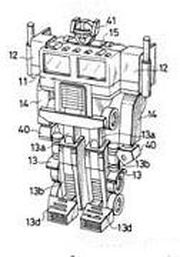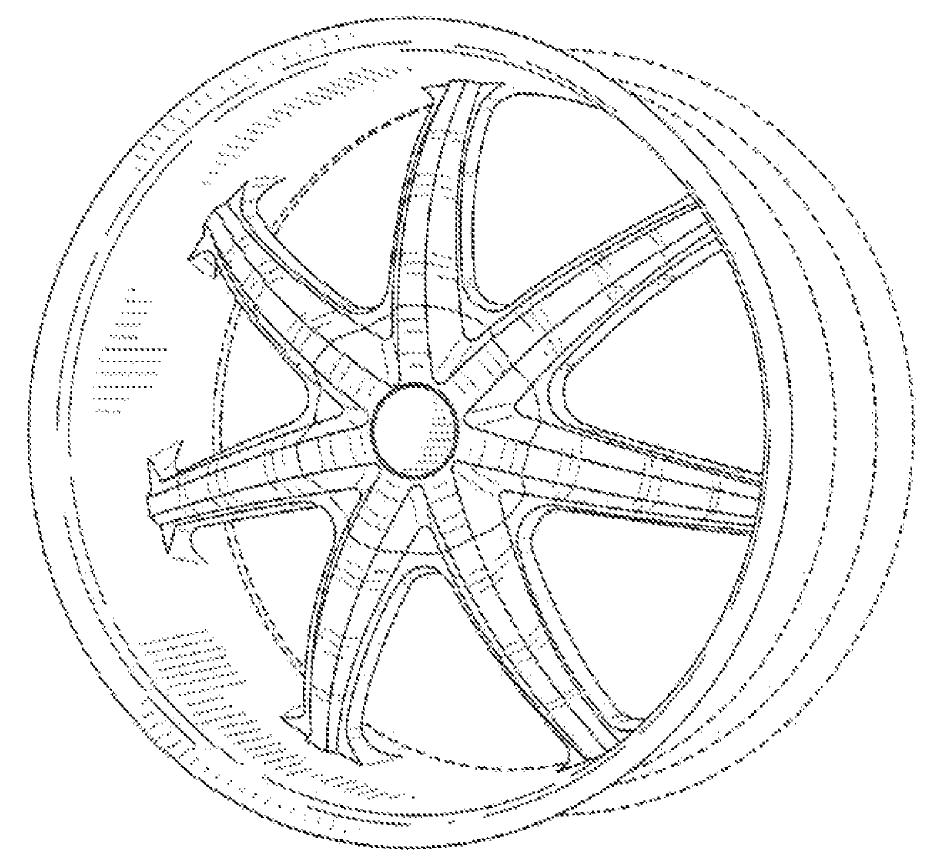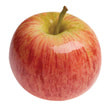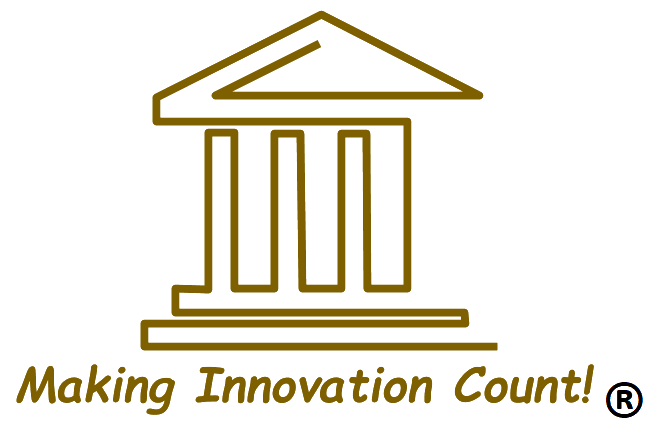Interested in a patent? Contact me between 11/12 to 11/16 to schedule a free consult on patents.11/11/2017 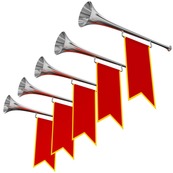 Do you have a new idea but don't know how to best protect it? Do you know the importance of the dates when you first show your invention to the public or file a provisional patent? Do you know what requirements are to be satisfied before the patent office will grant your patent application? There are many issues to consider before and during the application process and unless you are aware of them you could lose your rights to a patent. This week I am offering free 30 minute consults on patents. The consults may be over the phone or using internet based video conferencing. During the consult I will review with you the patenting process using a flowchart that depicts the process. If you are interested here is what you need to do:
I look forward to meeting each of you!
1 Comment
There are actually three basic types of patents you may file with the patent office. They are as follows:
|
Categories
All
|
California, Inland Empire - (909) 566-2801
California, Santa Barbara - (805) 500-6241
Tennessee - (423) 226-8036
Georgia - (404) 436-0899
California, Santa Barbara - (805) 500-6241
Tennessee - (423) 226-8036
Georgia - (404) 436-0899

